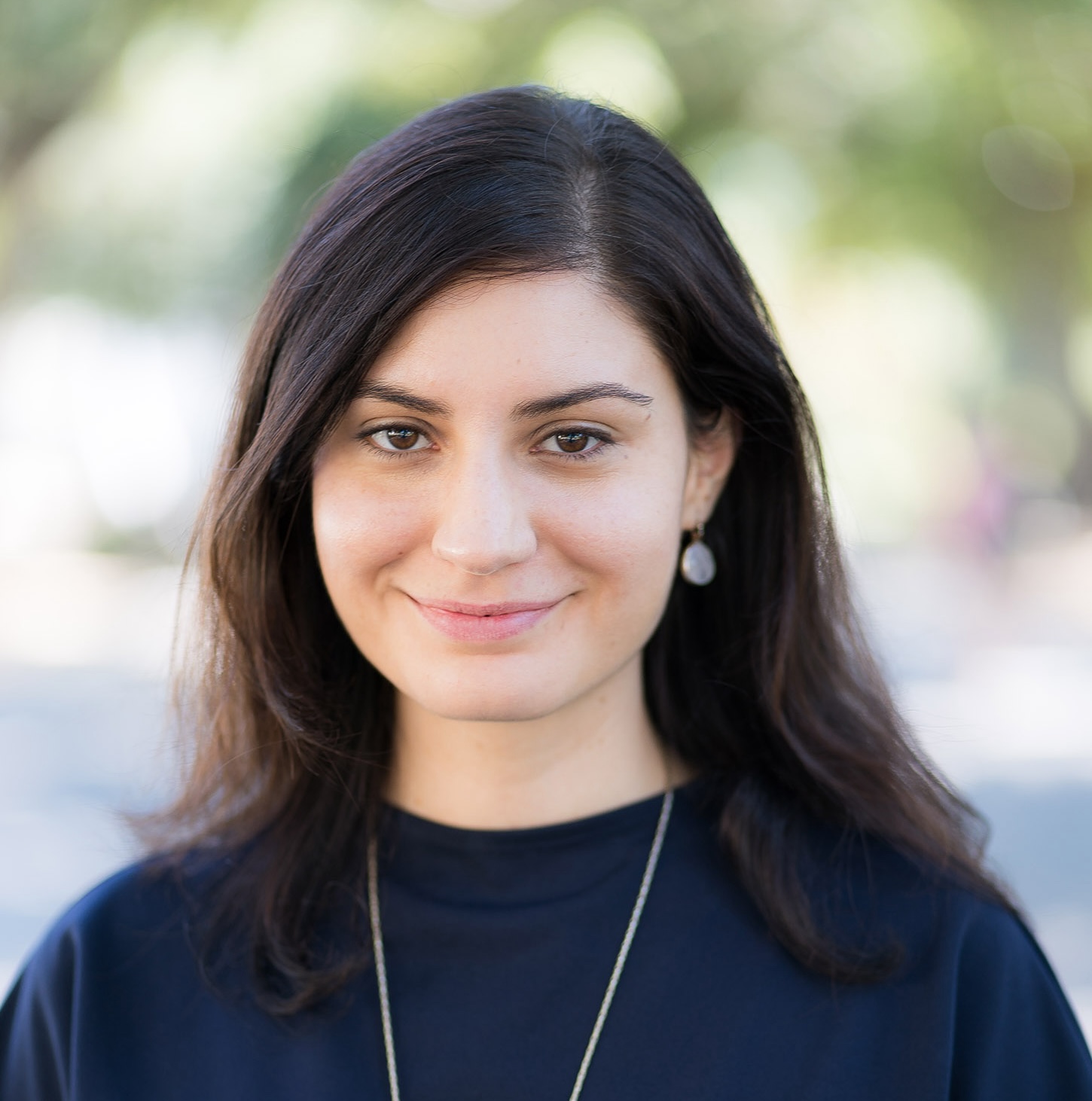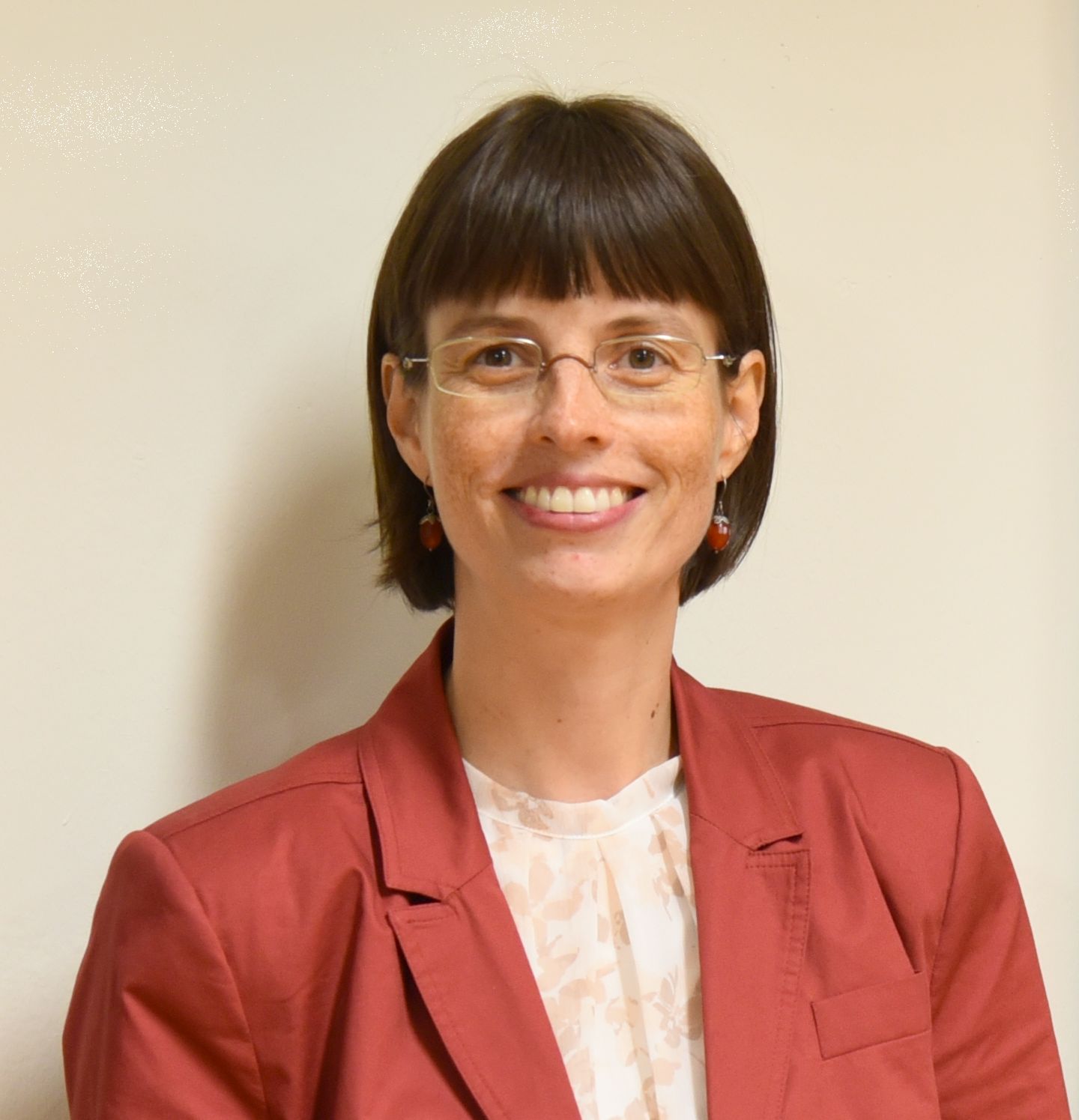The ACM CHIIR Doctoral Consortium provides an opportunity for doctoral students working in the areas of user-centered approaches to the design and evaluation of systems for information access, retrieval, and use to present and discuss their research with experienced researchers and other doctoral students in a seminar format. We welcome submissions representing a broad spectrum of research topics relevant to the CHIIR community, including research on information (seeking and searching) behaviour (IB), human-computer interaction (HCI), and information retrieval (IR).
The Doctoral Consortium (DC) focuses on advising students regarding their research. In addition, the DC enables students to establish a supportive community, including other doctoral students working in related areas or at a similar stage of their dissertation research.
The Doctoral Consortium targets students roughly halfway through their Ph.D. program. At a minimum, students should have formulated their research problem and proposed methods; at a maximum, they may have submitted some early Ph.D. work for publication. The DC is not intended for students who are nearly finished with their Ph.D. work.
Accepted participants will be encouraged to apply for ACM SIGIR Student Travel Grants to assist with their travel to CHIIR 2026. More information will be provided closer to the conference.
Note: the CHIIR 2026 Doctoral Consortium will be an in-person event only.
Please note that Doctoral Consortium proposals do not require an abstract submission prior to the DC deadline.
Students submit a paper detailing their Ph.D. research. The submitted paper, solely authored by the student, will be the basis for detailed discussions at the Doctoral Consortium. To get the most out of the discussion, it should include:
In addition, a one-page appendix to the paper (placed after the references) must include the following:
If accepted, the appendix will not be included in the published version of the paper.
Length: Maximum 4 pages (excluding references and appendix), in the current ACM two-column conference format.
Submissions of doctoral consortium papers must be in English and submitted as PDF files. Papers must not exceed 4 pages, including all content (e.g., figures, tables, proofs), but excluding references and the appendix, which may extend beyond this 4-page limit. All submissions must follow the current ACM two-column conference format.
Doctoral Consortium papers are not anonymous and should be submitted showing the author’s name and affiliation, and follow the conference submission guidelines.
The Doctoral Consortium program committee will review submissions. The review of each proposal will consider the degree to which the student will benefit from participating in the consortium. Rejected submissions will receive written feedback.
While the submissions are not anonymous, confidentiality of submissions will be maintained throughout the review process.
Suitable LaTeX, Word, and Overleaf templates are available from the ACM Website. Use the following for LaTeX:
\documentclass[sigconf,natbib=true]{acmart}
Submit your paper via EasyChair:
All submissions must comply with the ACM policy on using Artificial Intelligence.

